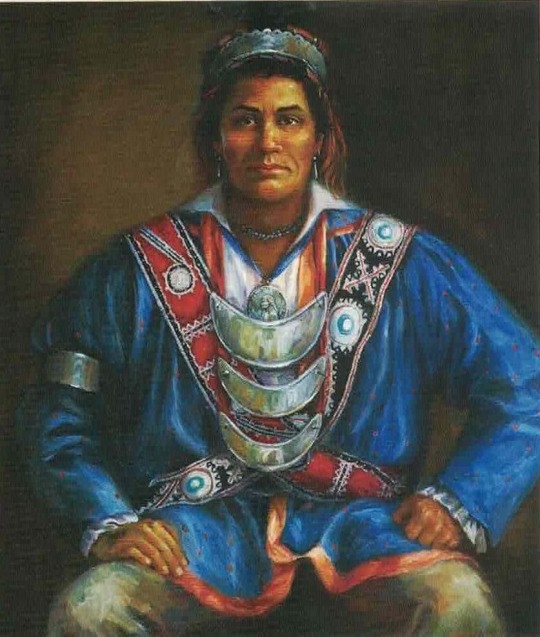
Pushmataha, Father of the Choctaws (c. 1764-1824) “A little cloud was once seen in the northern sky. It came before a rushing wind, and covered the Choctaw country with darkness. Out of it flew an angry fire. It struck a large oak, and scattered its limbs and its trunk all along the ground, and from that spot sprung forth a warrior fully armed for war. And that man was Pushmataha.”
Katherine Roche Buchanan’s magnificent portrait of Pushmataha. (http://portraitartist.com/buchanan/index.asp)
Pushmataha Answers Tecumseh
“Halt! Tecumseh, listen to me. You have come here, as you have often gone elsewhere, with a purpose to involve peaceful people in unnecessary trouble with their neighbors. Our people have no undo friction with the whites. Why? Because we have had no leaders stirring up strife to serve their selfish personal ambitions.“
In addition, Pushmataha knew white squatters already populated the proposed new Choctaw territory and that these western lands possibly lacked the fertility of those from which his tribe was being forced. Against this tense backdrop, Jackson’s steely and immovable tack in the negotiations reportedly brought the two legendary warriors to a famous verbal confrontation, recorded in the following account:
Gen. Jackson put on all his dignity and thus addressed the chief;
“I wish you to understand that I am Andrew Jackson, and, by the Eternal, you shall sign that treaty as I have prepared it?”
The mighty Choctaw Chief was not disconcerted by this haughty address, and springing suddenly to his feet, and imitating the manner of his opponent, replied,
'I know very well who you are, not sign that treaty.
Indeed, the Treaty of Doak’s Stand, which stipulated voluntary migration west by the Choctaws and pledged supplies for all who did, was not signed until Jackson adjusted its provisions to require removal of the white squatters from the land to which the Choctaws were removing. Only about one-fourth of the tribe moved, however, and those who remained suffered pressure, intimidation, and injustice from federal officials and local white settlers alike for an entire decade.
|
Read the entire Oklahoma story in John J. Dwyer's The Oklahomans: The Story of Oklahoma and Its People volume 1 of a 2-part series on the 46th state and the people who make this state very special. |

|

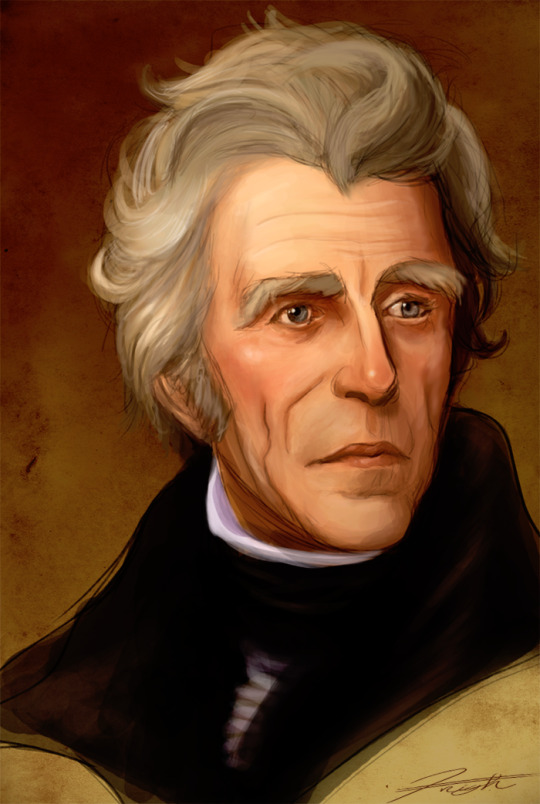
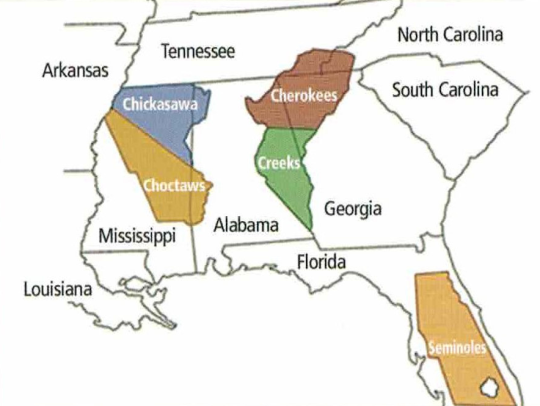
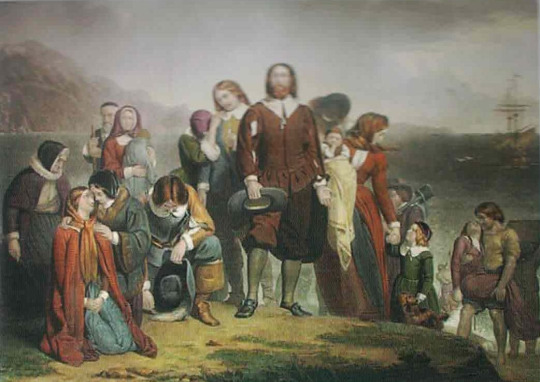
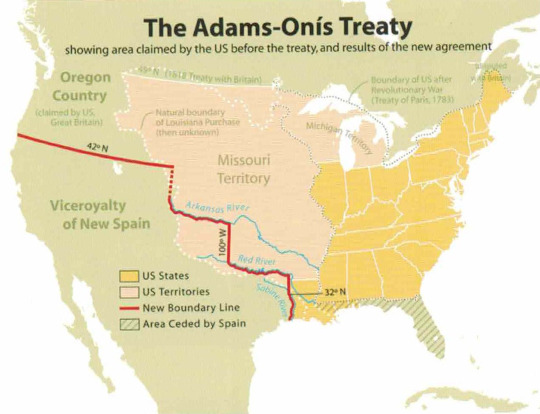
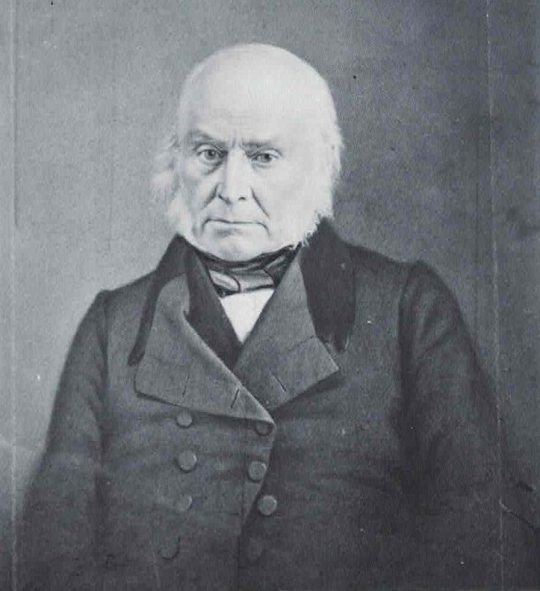
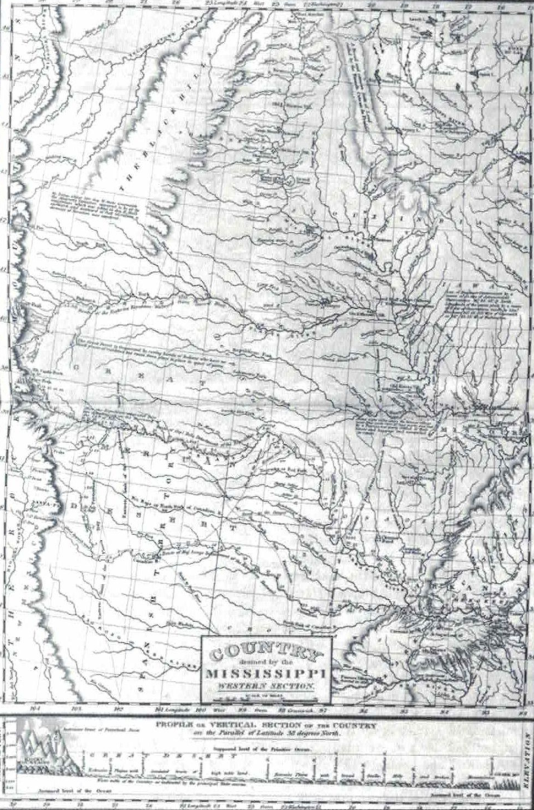

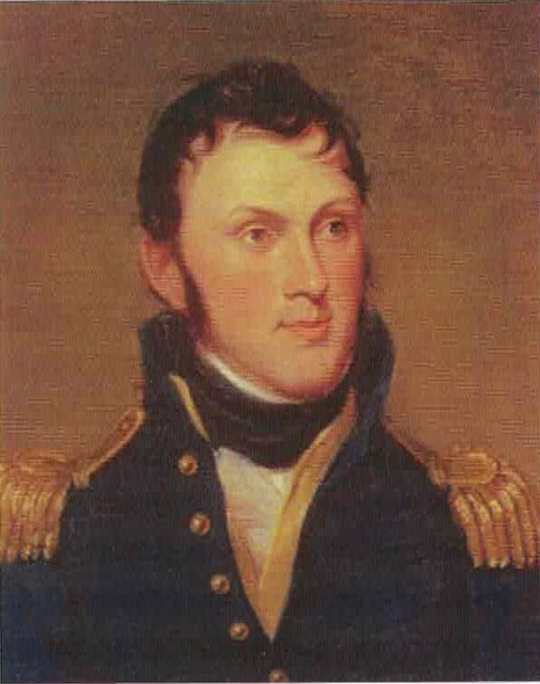
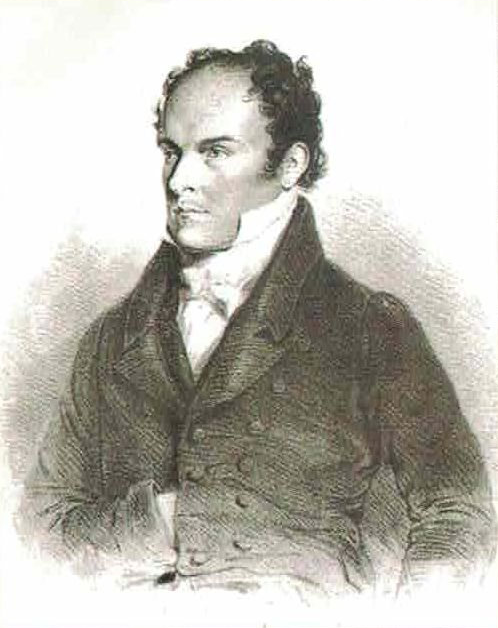
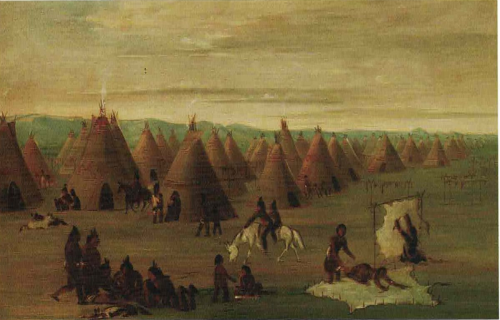






 RSS Feed
RSS Feed
